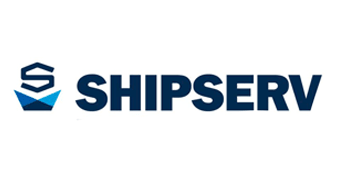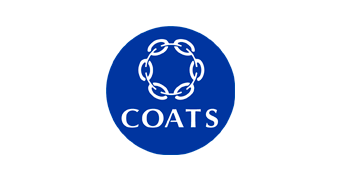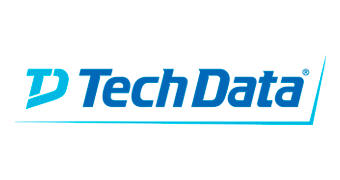Avoid failures in your marketing automation strategy
As ever, there are two schools of thought on technology implementation: those that go the in-house route, and those that outsource it. We’ve all heard horror stories from both kinds of implementations: they never get completed, they cost an arm and a leg, or they just don’t work – sometimes all three at once.
Numerous studies have found that data hygiene, automation knowledge, content, and attribution were the key challenges of a marketing automation transformation (after securing the budget for marketing automation).
But why? It all comes down to marketing automation strategy and the need to create a clear plan of what realistic outcomes are for the first 6, 12, 24, and 36 months. These depend on the 3 P’s (people, processes and platforms), on buy-in from senior leadership, and on teams being self-aware enough to ask for help when they need it. That’s why we developed our readiness assessment programme to ensure we’ve got clear business objectives, requirements, user journeys and all the other elements that feed the marketing automation strategy and later the marketing automation implementation plan.
Developing your marketing automation roadmap isn’t a simple task either, especially when you don’t know what you need in the first place (or you don’t know what potential use cases currently exist in the business).












